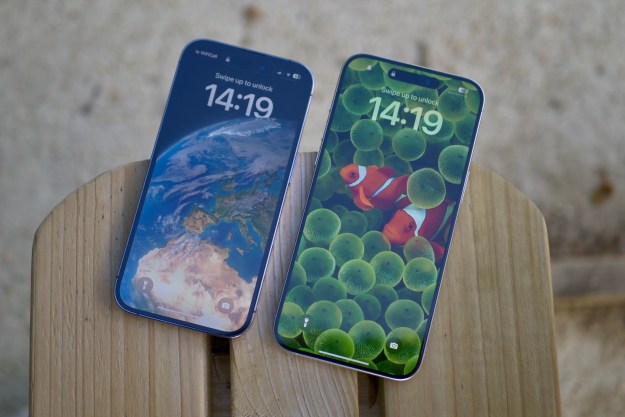 It’s the kind of news that may have some app developers questioning their vocation, with the results of a recent survey showing that among those who own a mobile device and have downloaded apps, less than half have actually shelled out any money for them.
It’s the kind of news that may have some app developers questioning their vocation, with the results of a recent survey showing that among those who own a mobile device and have downloaded apps, less than half have actually shelled out any money for them.
The study questioned 2,260 adults aged 18 and over, and was carried out by the Pew Research Center in July and August, though the results have only just been released. It found that 46 percent of those that have downloaded apps to a smartphone or tablet have paid for one or more of them. According to Pew’s figures, this number is unchanged from results obtained in 2010.
Among those who decided to get the wallet out, 52 percent said the most they have ever spent is $5. Still, there are some buyers willing to fork out a bit more, with 17 percent saying they’ve spent $20 or more for a single app.
What app developers might find interesting is that it appears owners of tablets are more likely to pay for an app than those downloading to a smartphone. Furthermore, those with tablets are more likely to spend a greater amount on an app than those who buy an app for use on a smartphone.
Why someone would be more likely to pay for a tablet app than one for a smartphone isn’t entirely clear, though perhaps the user experience, what with the benefit of a larger screen, is more satisfying, making any half-decent game or other such app a more tempting purchase.
The figures give a clear indication of what a developer is up against when it comes to making big bucks from the sales of apps. The fact remains that there are plenty of very good free apps out there too, and in the case of games, for example, once you get bored of one, you can simply delete it before going in search of another (free) one. It evidently has to be something pretty special before users will consider reaching for the credit card.
[via Cnet] [image Julien Tromeur / Shutterstock]
Editors' Recommendations
- 10 iPhone productivity apps you need to download right now
- Mophie made one of the cutest iPhone accessories I’ve ever used
- The 10 best apps for a second phone number in 2024
- How to hide apps on your iPhone
- The best iPhone and Android apps for Black History Month 2024

